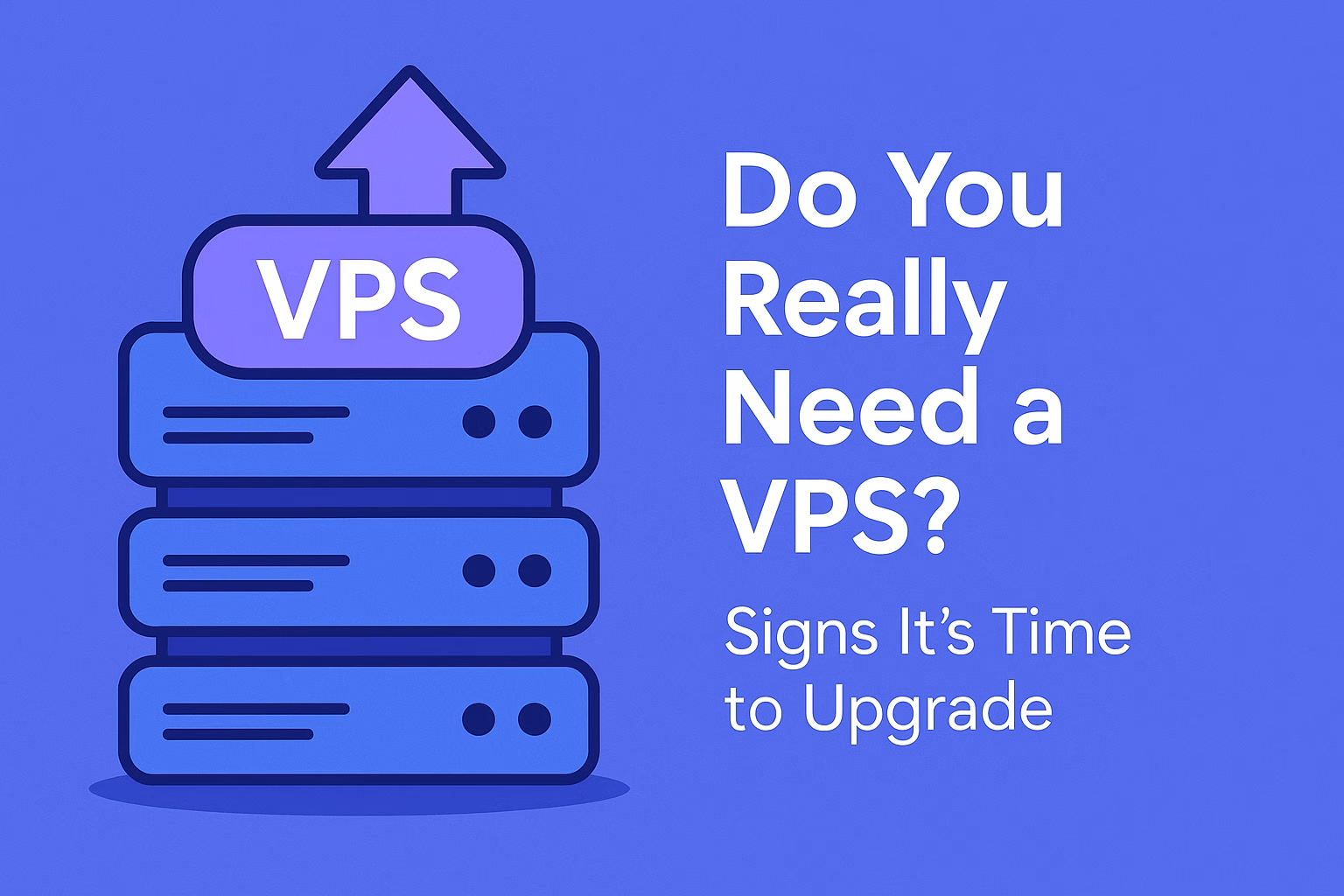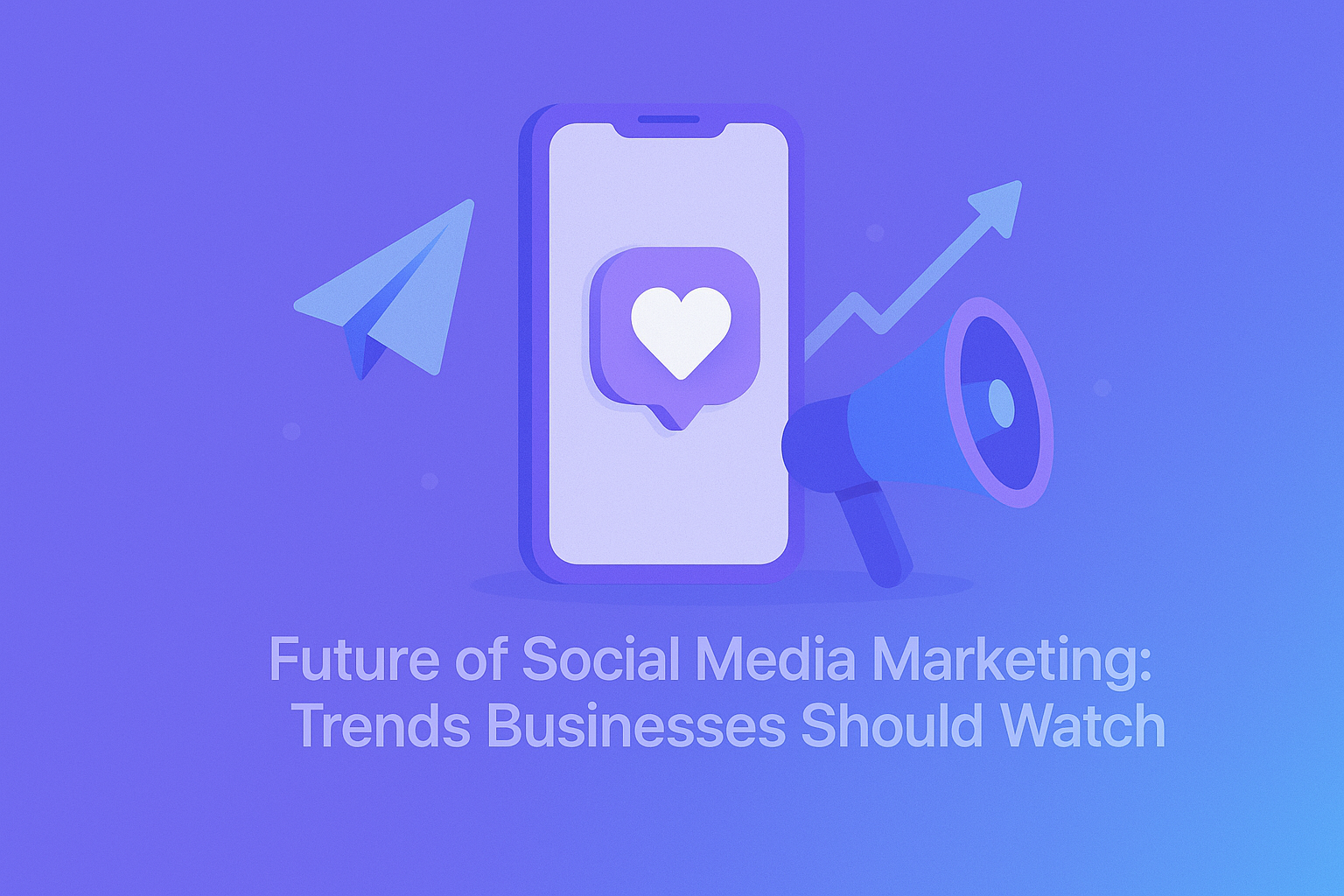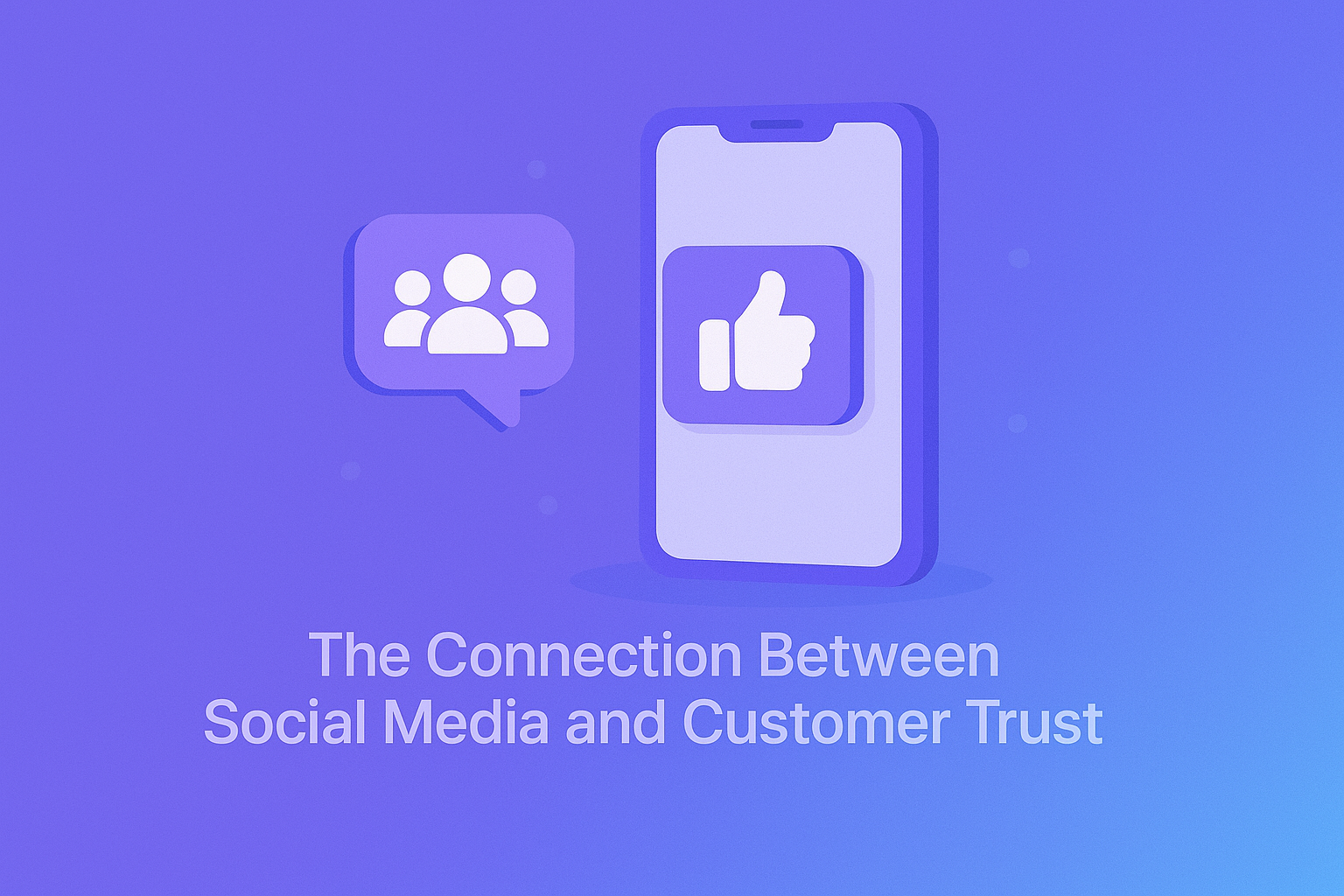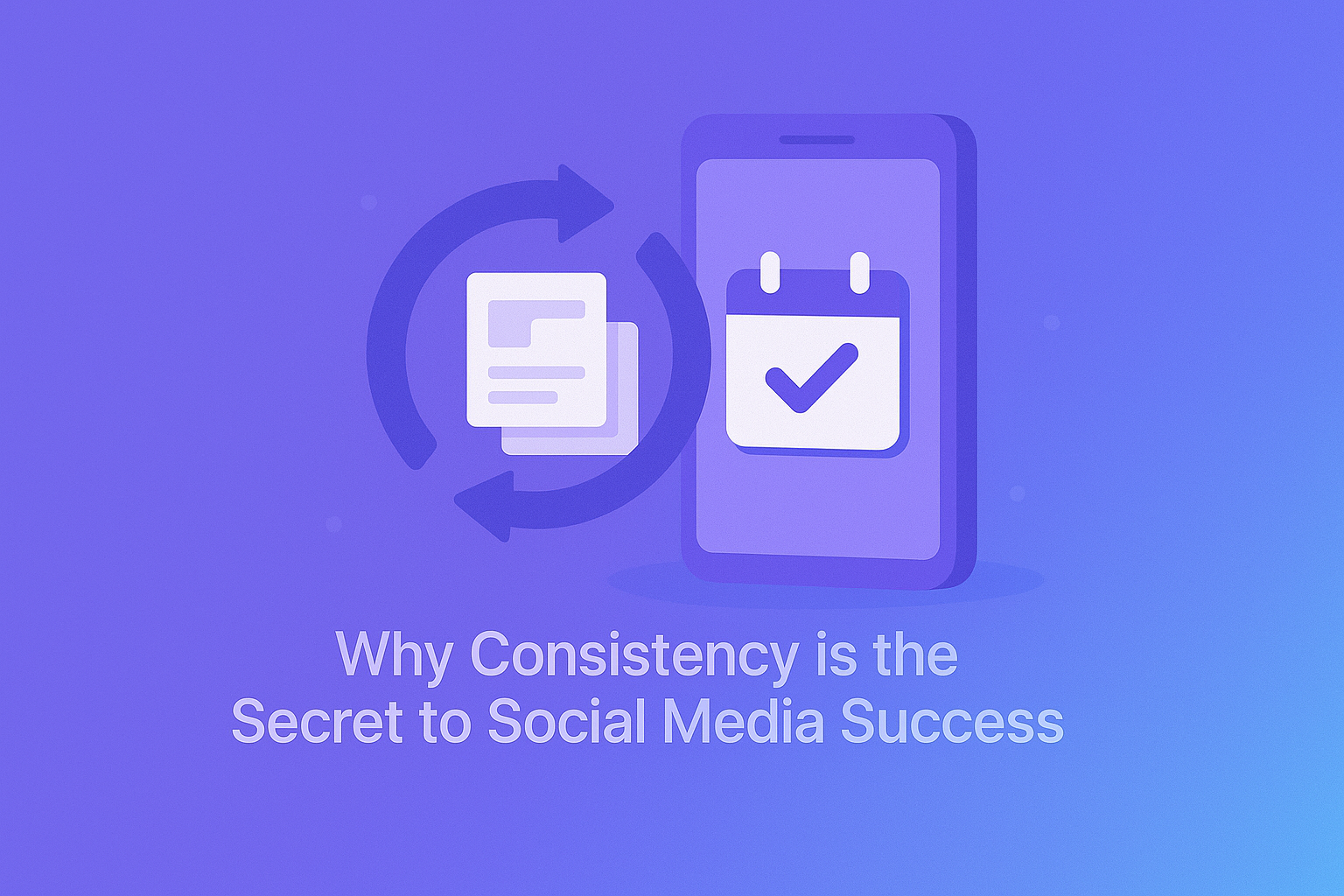Shared hosting is a great place to start—it’s affordable, simple, and gets your site online fast.
But as your website or app grows, you may begin to feel its limits.
So… how do you know when it’s time to move up to a VPS (Virtual Private Server)?
Here are the 7 most common signs that your project has outgrown shared hosting—and why a VPS might be your next smart move.
🚦 1. Your Website Is Getting Slower
If your site loads slowly—especially during peak traffic hours—it may be a sign that your shared resources are stretched.
Why it happens:
-
On shared hosting, CPU and RAM are shared with dozens (or hundreds) of other users
-
If one website uses more than its share, others slow down too
How VPS helps:
You get dedicated resources (RAM, CPU, SSD storage), so your website performance is stable—no matter what others are doing.
📈 2. Your Traffic Is Growing Fast
That’s a good problem to have! But growing traffic puts pressure on limited shared resources.
VPS Hosting lets you:
-
Handle traffic spikes without crashing
-
Scale up resources as needed
-
Improve SEO (faster load times = better rankings)
Don’t let your hosting slow your growth.
🔧 3. You Need More Control or Custom Software
Shared hosting doesn’t give you root access, which means you can’t:
-
Install custom applications (e.g. Node.js, Redis, Docker)
-
Configure firewall rules or cron jobs
-
Run server-side scripts that require special permissions
With a VPS, you get full root access—just like a dedicated server—so you can configure it however you like.
🔐 4. You Need Better Security or Isolation
Shared hosting = shared environment. If another website gets hacked, it could affect you.
With VPS:
-
You’re fully isolated from other users
-
You can harden your server (custom firewall, SSH access, security tools)
-
You can implement better backup, failover, and recovery solutions
This is especially important for business websites or e-commerce.
🧰 5. You’re Hosting Multiple Projects or Clients
If you’re a developer, freelancer, or agency managing multiple websites, a VPS gives you:
-
Custom partitioning (e.g. via Webuzo, cPanel, etc.)
-
Isolated environments for each site
-
Better control over resource usage
-
The ability to resell or offer managed services
❌ 6. You’re Hitting Shared Hosting Limits
Have you ever seen errors like:
-
“Exceeded CPU usage”
-
“Resource limit reached”
-
“500 internal server error” during busy periods
That’s shared hosting telling you: “you’re too big for me now.”
VPS solves that.
💼 7. Your Website or App Is Mission-Critical
If your site going offline means lost customers, sales, or credibility—you can’t afford downtime.
VPS Hosting offers:
-
Better uptime
-
More robust monitoring
-
Backup and restore features
-
Priority resource allocation
It’s an investment in reliability, not just hosting.
🟢 Why Choose PLiKhost VPS?
At PLiKhost, our VPS Hosting includes:
-
✅ SSD storage for high-speed performance
-
✅ Root access with your preferred OS (Ubuntu, AlmaLinux, etc.)
-
✅ Optional control panels (cPanel, Webuzo, etc.)
-
✅ Local support in Bahasa Indonesia & English
-
✅ Optional backup and management add-ons
-
✅ Affordable plans for all stages of growth
Whether you’re upgrading from shared hosting or starting fresh with full control, we’ll help you choose the right plan and get up and running fast.
Final Thoughts
Not everyone needs a VPS—but if you see the signs above, now’s the time to consider it.
You’ll get:
-
More speed
-
More control
-
More stability
-
And more room to grow
🟢 Explore VPS Hosting at PLiKhost
And take the next step in your hosting journey.






